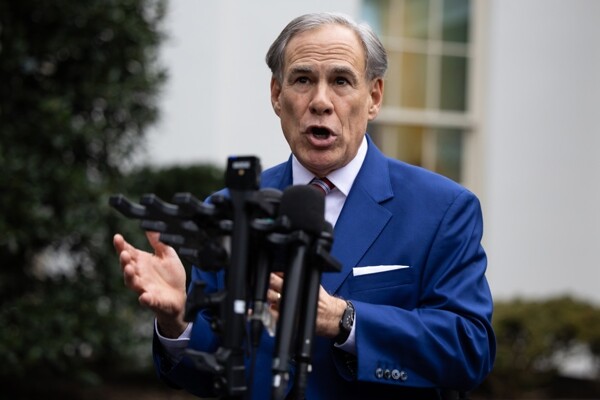
The trade war initiated by Trump has transformed into a financial war that goes beyond the tariffs imposed on other countries. Jerome Powell, President of the Federal Reserve, has indicated that the President of the United States' trade measures will lead to slow growth. This has raised concerns in the financial markets, as seen in the results of local stock exchanges.
Both the S&P/BMV IPC of the Mexican Stock Exchange and the FTSE-BIVA of the Institutional Stock Exchange closed the day up 1.40% and 1.49%, respectively. Despite Trump's pressure for the Fed to lower interest rates, it is expected that the monetary policy will remain restrictive. On Wall Street, stocks and the dollar experienced sharp declines due to increasing pressures from the President on the Federal Reserve Chairman, causing nervousness in the markets.
According to analysts, Trump's criticisms of Powell are a reminder that trade policy is not the only factor that can weaken the dollar and U.S. markets. Uncertainty around the future of the dollar as a reserve currency and the autonomy of the Federal Reserve contribute to instability. Despite political pressures, some experts believe that maintaining current interest rates is the most sensible decision in the current context.
The dollar index (DXY) fell by 0.96% yesterday, its largest decline since early April, which benefited most emerging currencies. In this scenario, the Mexican peso appreciated by 1.24% against the dollar. Despite market fluctuations, Trump has expressed on social media that inflation is minimal due to lower costs, although he warns of a possible economic slowdown if interest rates are not reduced quickly.














